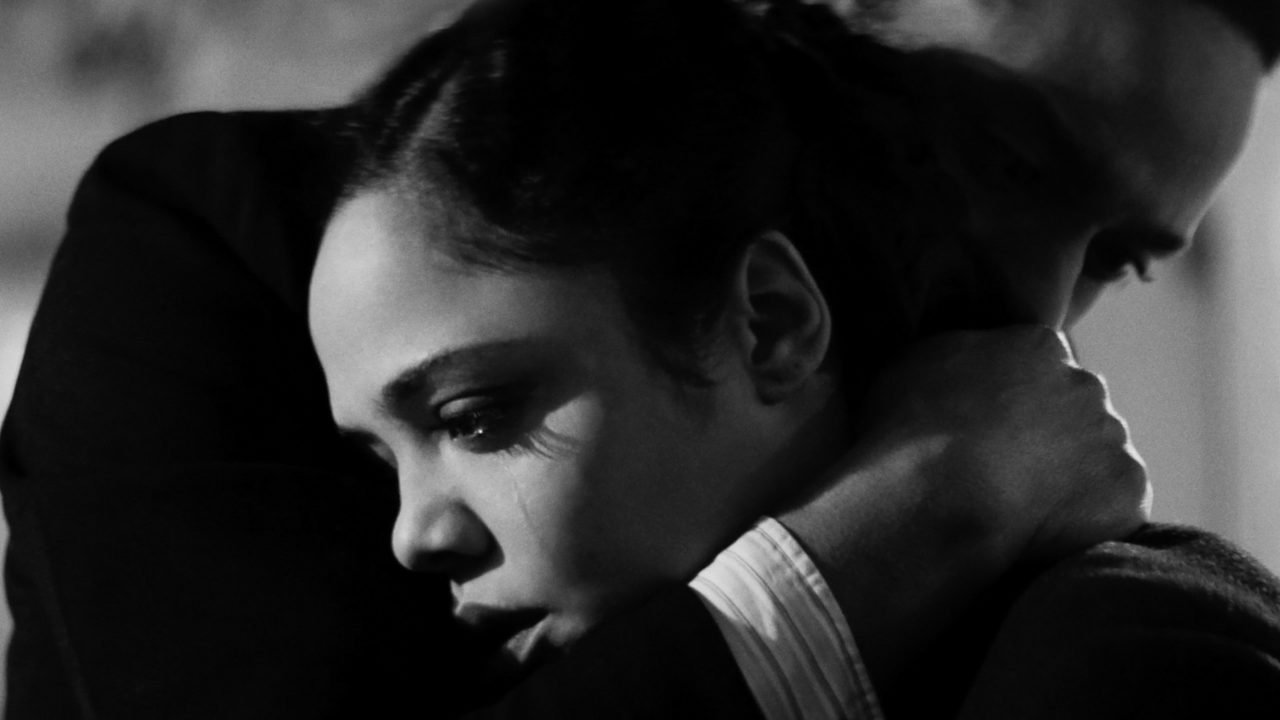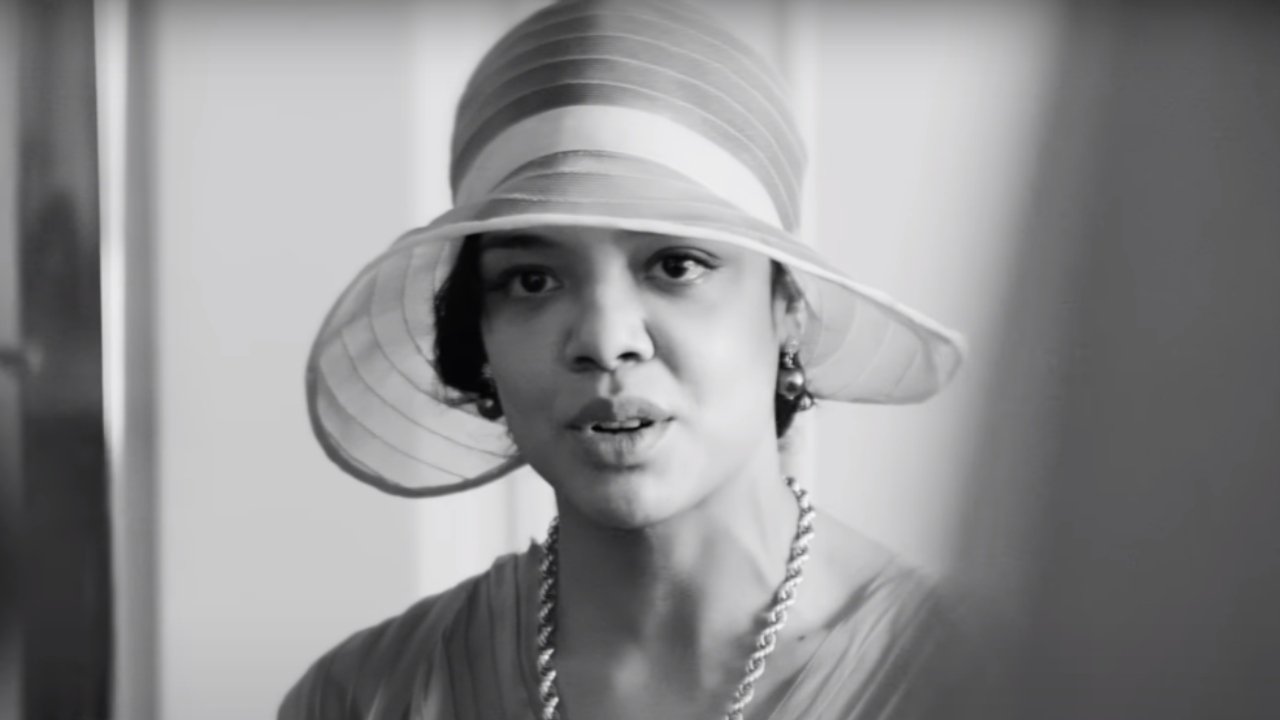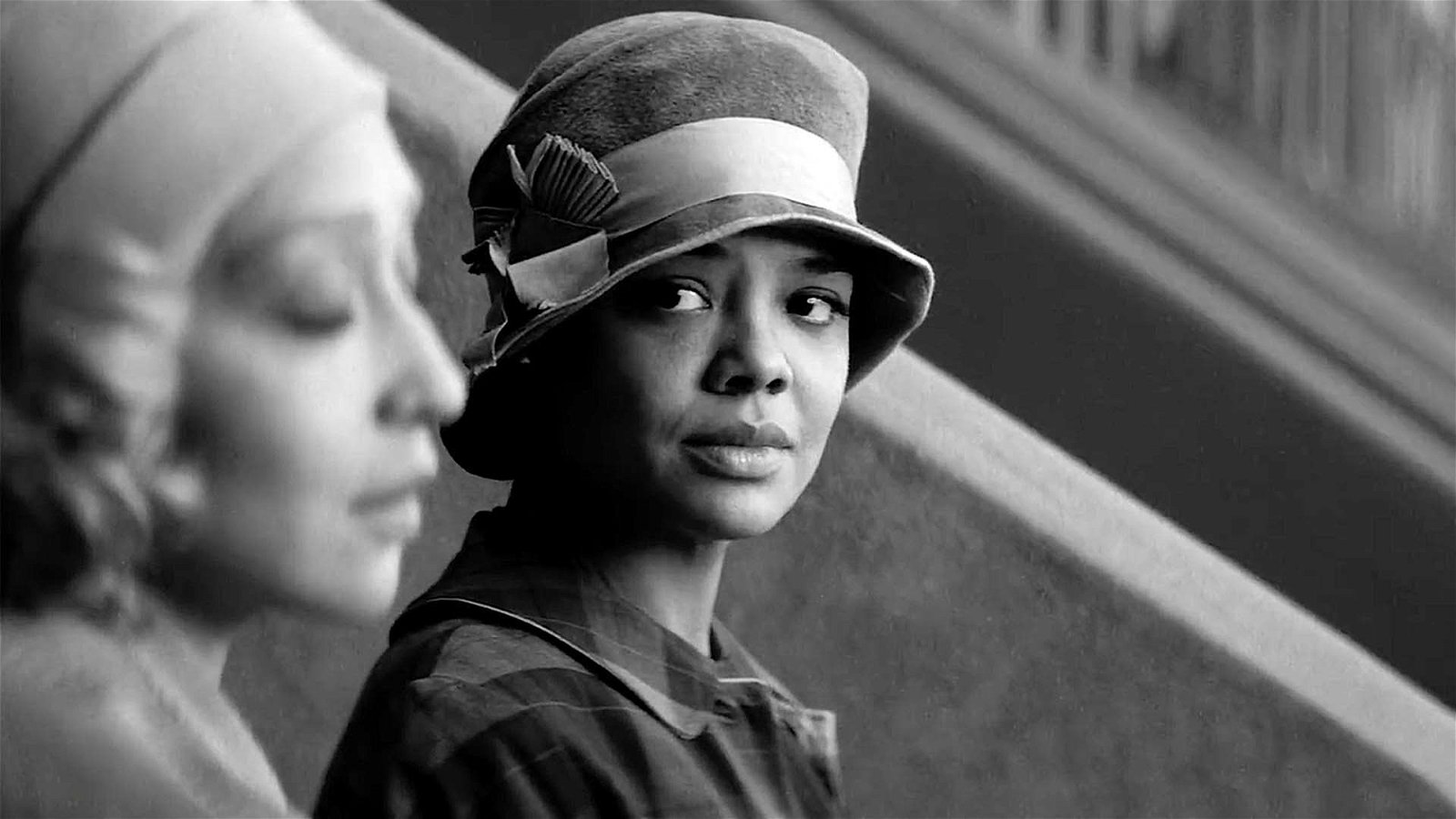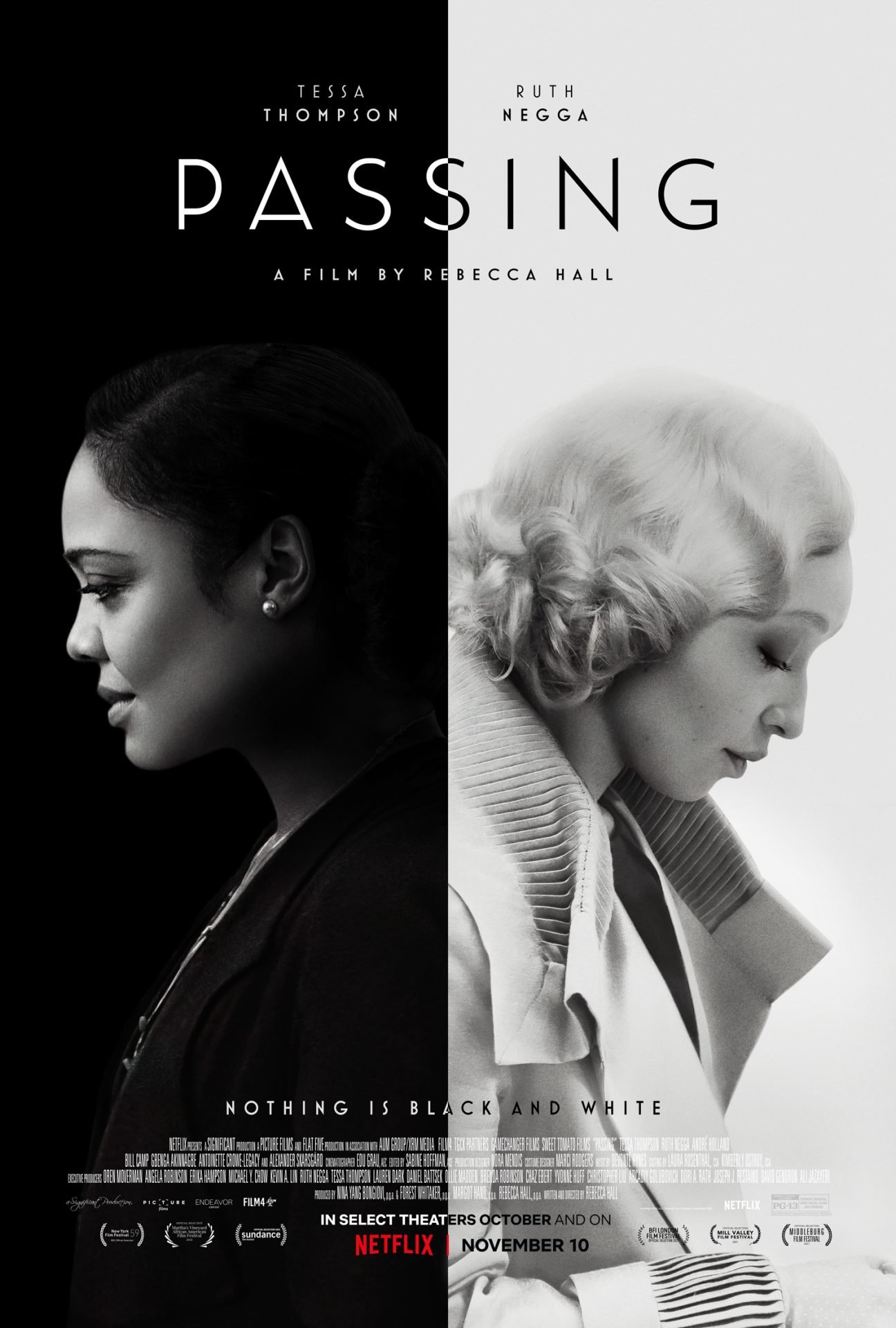It’s taken the world long enough to witness the talent of Ruth Negga. She’s been putting in work for nearly two decades now as side characters, but it wasn’t until her delightful turn as Tulip O’Hare in Preacher that I really started to follow her more closely. Now that we’re in a post-Passing world, it’ll be nigh impossible to not recognize her potential now.
Passing (taken from the term used for people “passing” as different races, and an adaptation of a 1929 novel) is not a film you want to go into without the right cast. While Tessa Thompson‘s (as Irene) star has been rising for quite a while now, Ruth Negga (as Clare) is up for the challenge, taking on arguably the tougher role as the titular namesake.
Everything kicks off through a chance encounter between two friends who haven’t seen each other in several decades, and kind of unravels from there. As one might expect, there’s a lot of tension that rises between these two women; and while race serves as an underlying throughput, there’s a lot more nuance to their situations that both actresses are able to convey magnificently.

One thing that might turn people off from Passing is the pacing. It’s not electrifying, but it doesn’t need to be. Sometimes these issues are glossed over, even today, subtly, or backhandedly, and Passing allows us the time to linger on them in a realistic way. It’s also imperative for the crescendo that takes place as the film progresses.
Alexander Skarsgård, who excels at playing monsters, is a bit over-the-top at times, but the core of the story is kept on Irene and Clare. While there is plenty of room between “slow” and “soapy,” I think Passing is exactly where it needs to be. We get to the root of the problem between the two within the first 12 minutes or so, and which sets us up for the conflict thereafter.
“While there is plenty of room between “slow” and “soapy,” I think Passing is exactly where it needs to be.”
It’s hard to believe this is Rebecca Hall’s first go at directing a feature film. While many films utilize a modern black and white style to varying success, Passing inherently benefits from it. I wouldn’t be surprised to, at least, see a best director nod at the Oscars, even if the subject matter and presentation doesn’t resonate with everyone.

Hall and cinematographer Eduard Grau manage to frame the cast perfectly, capturing their reactions to off-screen speeches in a way that informs the characters. Ruth Negga’s expressive face tells us entire stories without her ever saying a word.
Having additional background on the historical significance of issues like class, race, and even sexuality, especially within the context of the time period, enhances its effect. Passing is an incredibly hard story to adapt, as there are so many different moving parts. Rebecca Hall has a long career ahead of her if this is her first effort.
With just an hour and a half in service of the film, some of them are glossed over, but it’s the sort of narrative that benefits from a rewatch; particularly due to the efforts of the two leads. It’s certainly worth watching at least once.





